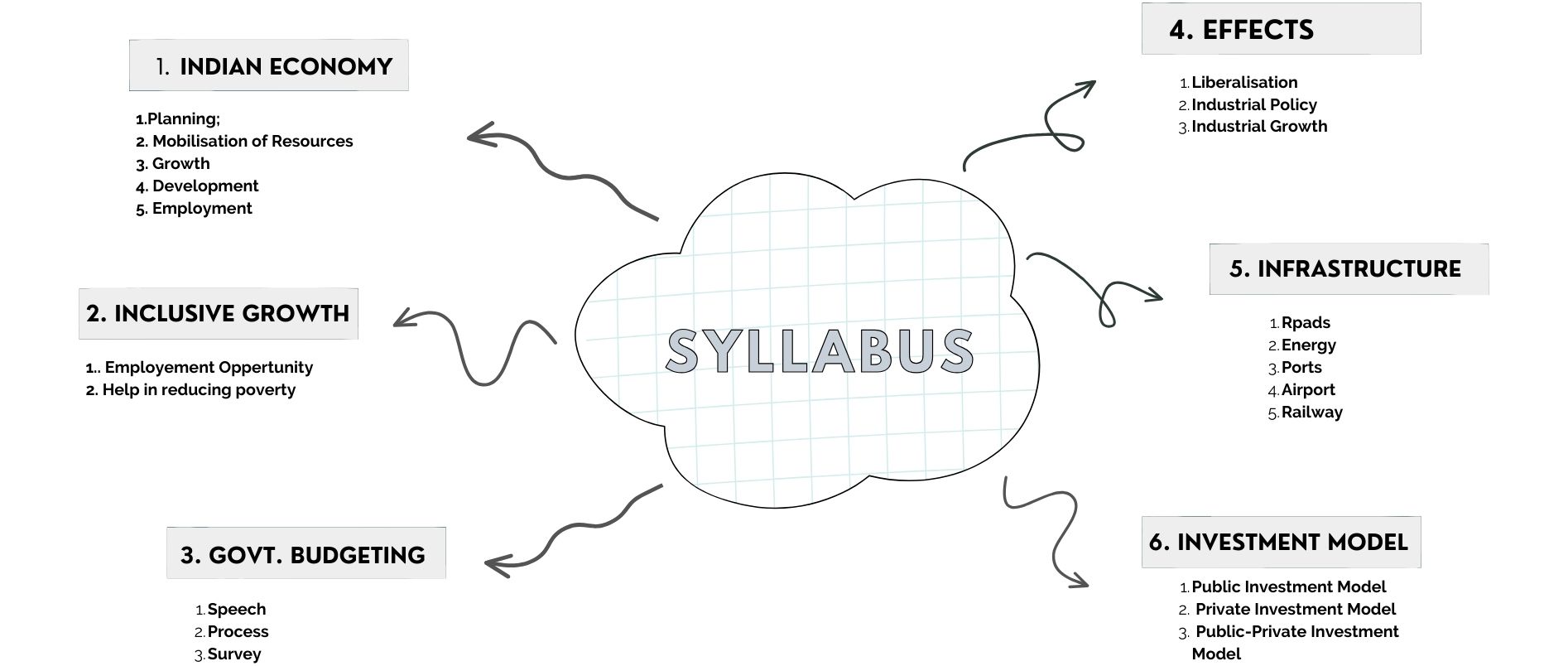In the UPSC CSE, economics is a crucial topic that is combined throughout the test and
offered as a stand-alone optional subject. Its importance comes from its capacity to provide
aspiring civil officials with the information and analytical abilities required to comprehend
and tackle India's complex socioEconomicsproblems.
Choosing people who can create and carry out efficient policies is the main objective of UPSC CSE.
The framework of economics is used to analyse these policies, evaluate how they affect different stakeholders,
and spot any unforeseen repercussions. It gives candidates the tools they need to comprehend ideas
like international commerce, poverty, inflation, Economicsgrowth, and development so they can make
choices that will benefit the country as a whole. Furthermore, the analytical skills learned in economics
are essential for analysing data, assessing government initiatives, and navigating the constantly changing
global Economicsscene.
Economics promotes a critical and problem-solving approach in addition to its technical features.
It pushes applicants to think critically, weigh opposing viewpoints, and tackle difficult problems in novel ways.
In a profession devoted to public service, where comprehensive knowledge and well-rounded answers are crucial,
this critical thinking is important. Essentially, economics equips aspiring civil officials to be intelligent
policymakers and change agents for the betterment of India, in addition to being administrators.
/10.png)
01. Monetary policy and Banking System
02. Financial Markets
03. Fiscal Policy
04. Banking System
05. Black Money and Tax Evasion
06. Foreign Direct Investment
07. Nuclear Reactions and IAEA Safeguards
08. Poverty, inquality, and unemployment
09. Issues related to planning
10. Taxation in India
11. Investment Model
12. Economical Issues
How to Prepare Indian Economy for UPSC Prelims and Mains ?

